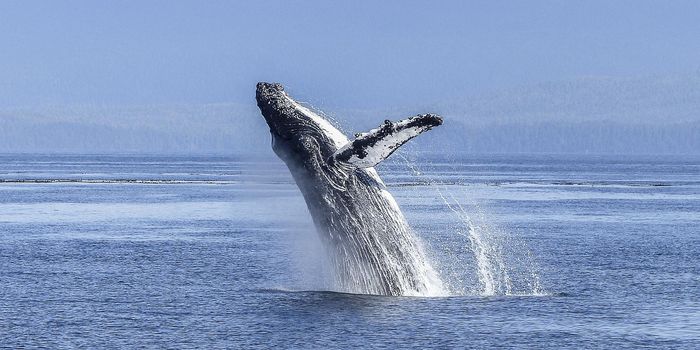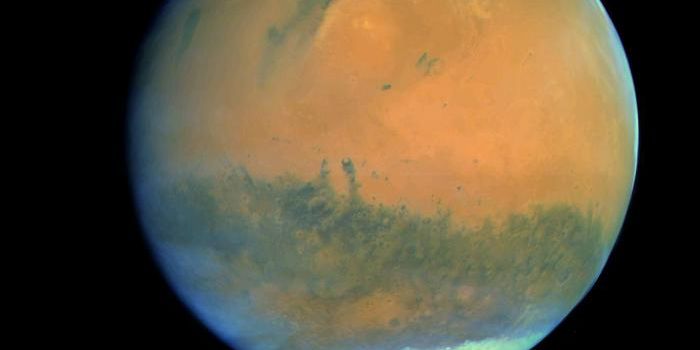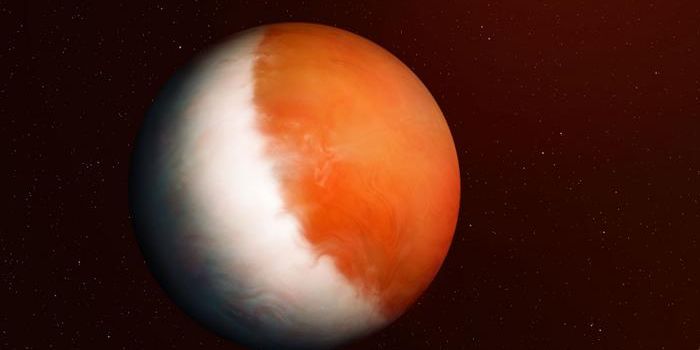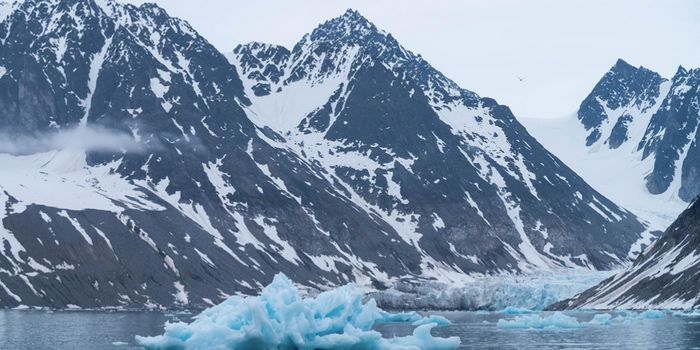Ancient Mass Extinctions Likely from Volcanic Activity
In a recent study published in the Proceedings of the National Academy of Sciences, a team of researchers led by Dartmouth College produce quantitative evidence that volcanoes, not asteroids or comets, were the dominant facilitator of ancient mass extinctions that restructured life on Earth tens of millions of years ago. This study has the potential to help us better understand the evolution of life on Earth, to include what wiped out the dinosaurs, and was collaborated with scientists from the Berkeley Geochronology Center. While the longstanding theory is the dinosaurs went extinct by the Chicxulub impactor in Mexico’s Yucatan Peninsula, this new study allows for other options to be considered.
For the study, the research team utilized longstanding datasets on geologic time scale, paleobiology, and vast areas of ancient volcanic activity, which they dub “large igneous provinces”, to investigate the link between mass extinction and volcanic activity.
"The large step-like areas of igneous rock from these big volcanic eruptions seem to line up in time with mass extinctions and other significant climatic and environmental events," said Theodore Green, who is a graduate student at Princeton and lead author of the study but conducted this research as part of the Senior Fellowship program at Dartmouth.
By comparing datasets of volcanic eruptions combined with periods of mass extinctions to models simulating a randomly generated pattern, the researchers were able to demonstrate that the volcanic activity and mass extinctions were more than a random chance.
"Our results indicate that in all likelihood there would have been a mass extinction at the Cretaceous tertiary boundary of some significant magnitude, regardless of whether there was an impact or not, which can be shown more quantitatively now," said Dr. Paul Renne, Director of the Berkeley Geochronology Center, and a ci-author on the study. "The fact that there was an impact undoubtedly made things worse."
Sources: Proceedings of the National Academy of Sciences
As always, keep doing science & keep looking up!









